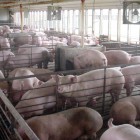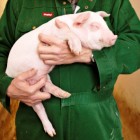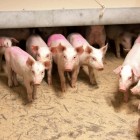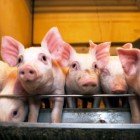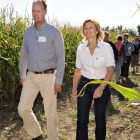Investigations
Jan Guillou: Uncover the real lives of muslims and minorities
|
We live in a period where democracy might not survive. The main task for journalists is to investigate how minorities live and think. And then tell it. Jan Guillou, born 1944, has a background as a famous investigative reporter in Sweden exposing the intelligence service in 1973 and spending one year in prison for that story. Today, he’s a famous writer, known for his 13 novels on the spy, Carl Hamilton, starting in 1986, four novels on the High Middle Ages and now for making a family chronicle to describe developments in the 20th century.

